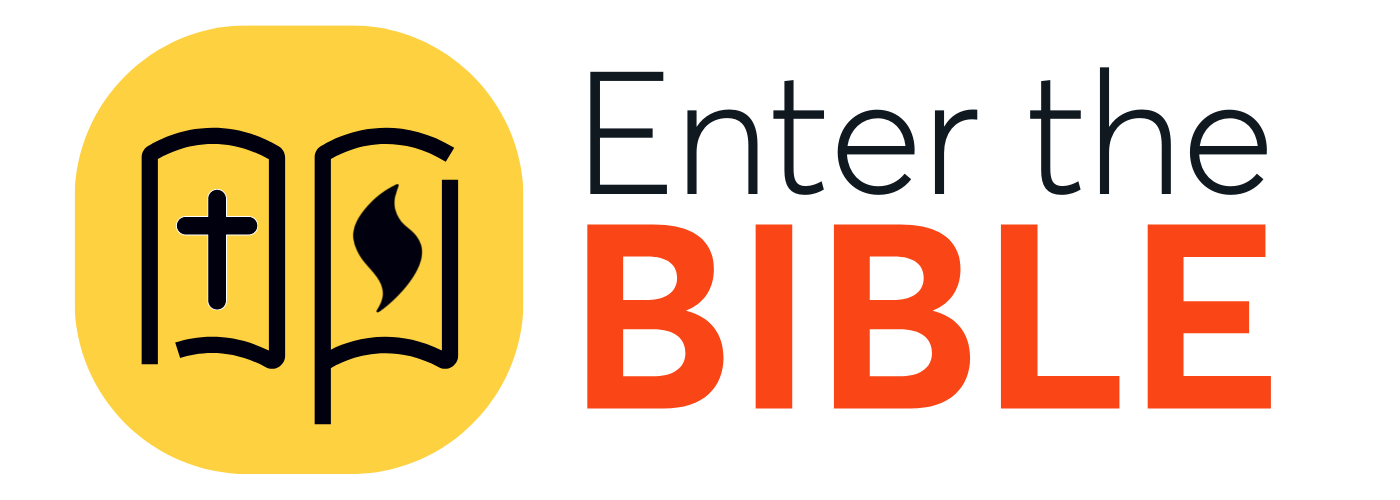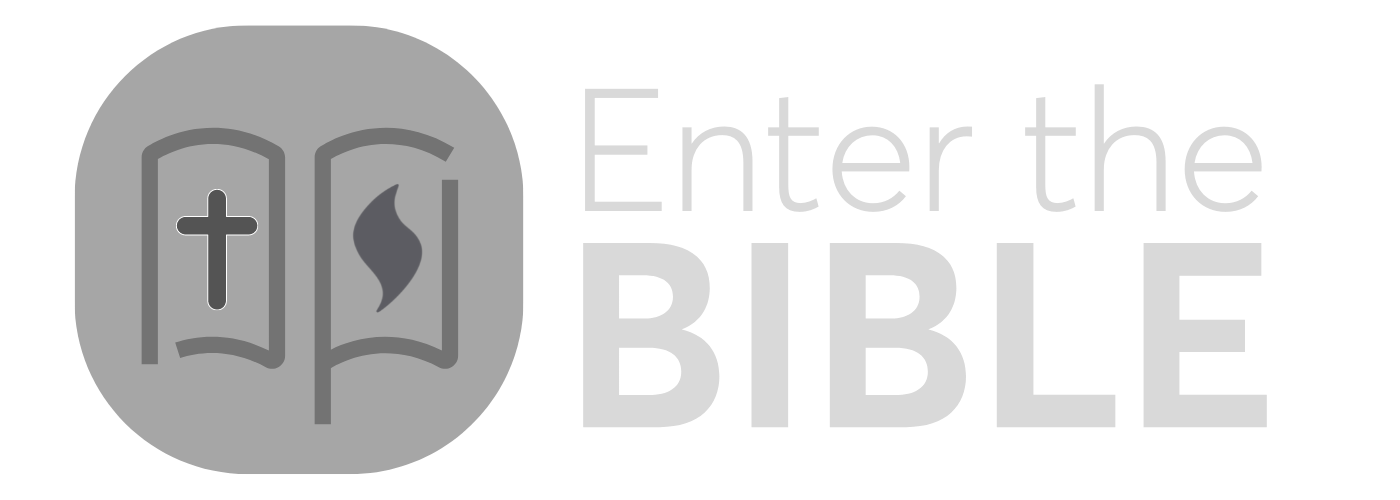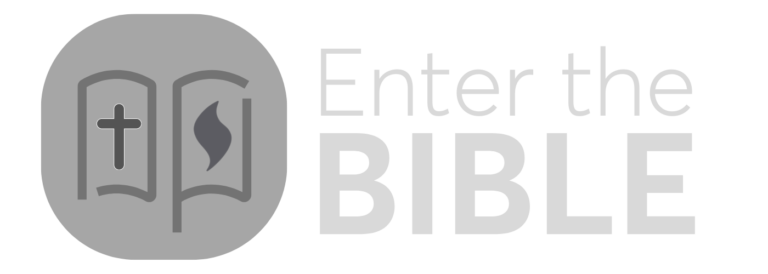Summary of Jeremiah
SUMMARY
The book of Jeremiah is the longest book in the Bible (in terms of words and verses), and it is certainly one of the most complex. The nature of its structure and flow of thought are sharply disputed among scholars, evidence that the book does not lend itself well to summary statements. Jeremiah is a prophetic book that reports the ministry of the prophet Jeremiah to the people of Israel both before (primarily) and after the fallThe fall refers specifically to the disobedience of Adam and Eve when they listened to Satan rather than adhering to God’s command not to eat the fruit from the tree. When people act contrary to God’s will, they are said to fall from from grace… More of Jerusalem to the Babylonians in 587 B.C.E. The preaching of Jeremiah speaks sharp words of indictment and judgment to an idolatrous people. Initially Jeremiah speaks in the hope that they will turn from their wicked ways, but in the wake of a lack of repentance the prophet portrays an inevitable judgment. Jeremiah also speaks words of hope, but recognizes that such a hopeful future will be realized only on the far side of the fall of Jerusalem. The book, however, is concerned not only to report the prophet’s preaching, but also to speak a word of God to a people that has already experienced horrendous hardships in the fall of Jerusalem.
SO WHAT?
Jeremiah is unique in the extent to which it integrates prophetic preaching and the life and times of the prophet. The book thereby enables readers to make explicit connections between the word of God and actual life situations into which that word is addressed. The range of the book’s reflection on the human condition and God, especially the judgment of God, continues to challenge those who would speak more narrowly of who God is and what God is about in the world. The laments, indeed the tears of both prophet and God, bear witness to the closeness of the relationship between God and people and also confront those who think that God is distant, aloof, and impassible. Jeremiah’s unique “new covenant” language has left an indelible promissory mark on the larger biblical collection.
WHERE DO I FIND IT?
Jeremiah is the twenty-fourth book of the Bible, the second of the major prophets, sandwiched between Isaiah and Ezekiel (with Lamentations intervening).
WHO WROTE IT?
Traditionally, Jeremiah has been considered the author of the book. Over the course of two centuries and more, the question of authorship has been seen to be more complex. While the book probably has a major collection of Jeremiah’s preaching, it is now usually understood to be the product of a long growth of development in which many authors/editors have had an important role, especially Jeremiah’s secretary, Baruch.
WHEN WAS IT WRITTEN?
Jeremiah came into being over the course of half a century or so. It was probably completed sometime during the Babylonian exile (587-538 B.C.E.), though some consider the editing of the book to have continued even later.
WHAT’S IT ABOUT?
The book is concerned with the ministry of the prophet Jeremiah before and after the fall of Jerusalem to the Babylonians (587 B.C.E.). That ministry is basically concerned with preaching the word of God to that situation, but the prophet’s personal life and the times in which he lived play a significant role in mediating the word of God to readers.
HOW DO I READ IT?
Remember that the original audience for the book of Jeremiah is fundamentally different from the audience for the preaching of Jeremiah (even if some people were a part of both audiences). Readers of the book (and from every subsequent generation) are to hear Jeremiah’s life and words not so much as past event, but as present word of God to them. Take especially into account the type of literature contained therein, especially its poetry and its prose. Recall that this literature centers on God’s indictment of people’s lives, the announcement of judgment, and, on the far side of disaster, a word of promise.






